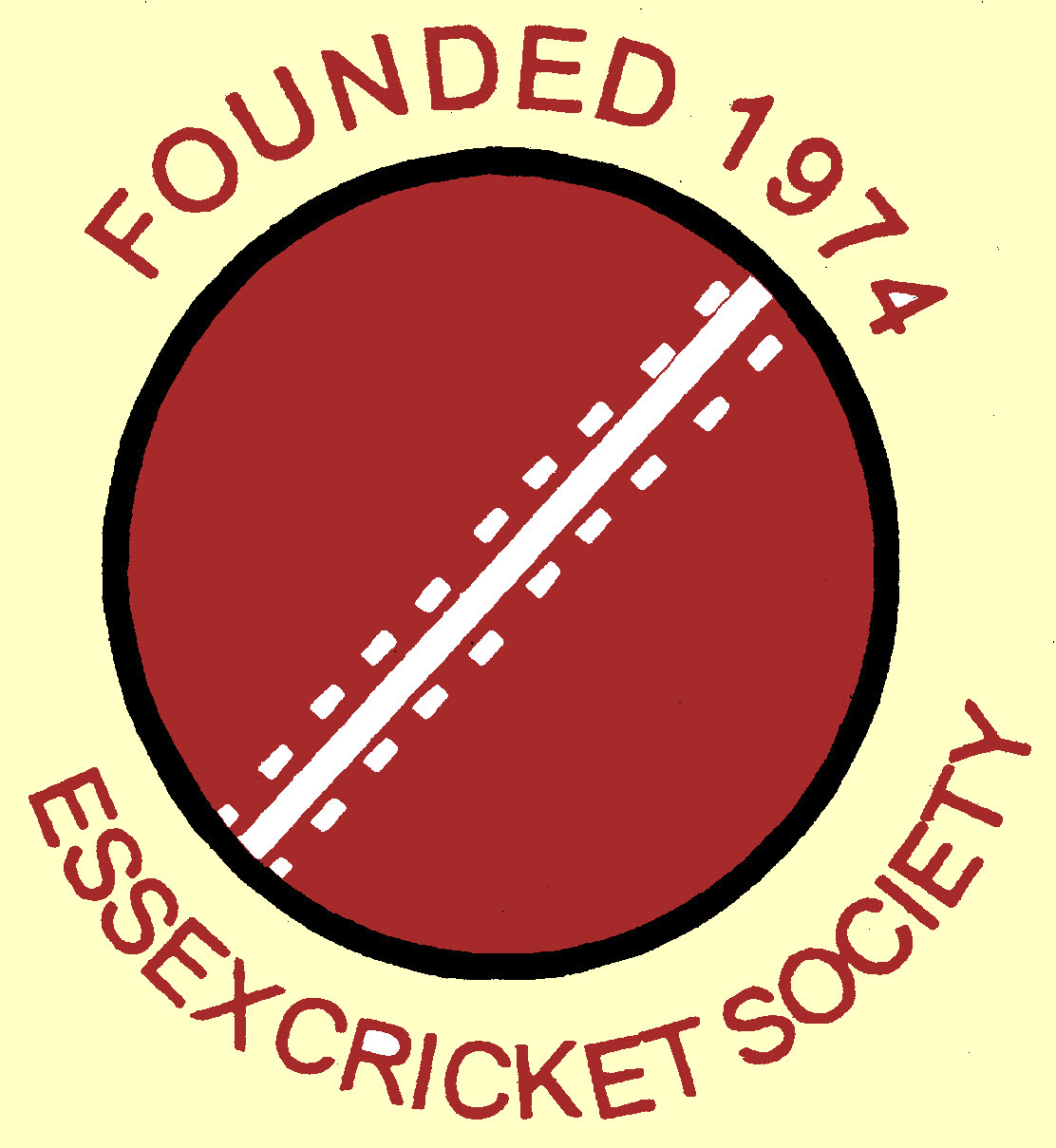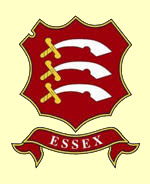Tales from the Boundary
Bradman’s Last Test
The date was Saturday 14th August 1948; the occasion, the first day of the final Test Match between England and the all-conquering Australians at the Kennington Oval. It was to be the scene of the soon-to-be knighted Donald Bradman’s farewell to international cricket after a career of stunning achievement which had seen him established as the greatest batsman the world has ever seen. Determined that his boys should not miss this moment in sporting history my father took my older brother, Roger, and me along to witness an occasion that has become cemented in cricketing legend.
The previous day had been very wet and it had been feared that any further rain overnight might jeopardise the chances of play; you can guess what my prayers were all about as we were packed off to bed early on the Friday so as to be fresh for our 4am start the next morning. To our relief the pavements were dry as we set off at a brisk pace on the mile-and-a-half walk to St. Albans station for the train journey to St. Pancras, our knapsacks – stuffed with the day’s provisions – on our backs.
These were the days before the all-ticket phenomenon took hold; you simply made your way to the ground as early as you could and queued outside until the gates were opened – it really was a case of ‘first come first served’. Although we arrived at the Oval at the ungodly hour of 7am the queue, some five or six deep, already stretched about 200 yards around the ground and into the adjoining streets. Never having seen so many people packed so tightly before nor having any idea of the arena’s capacity I became convinced by my youthful naivety that we stood little chance of reaching the gates before the ground was full. Father did his best to reassure me on this score and we settled down for the long wait for the gates top open.
In drier conditions this would have happened at about 9:30am but such was the concern about the state of the pitch that they remained closed until a decision was made about the start of play. As late as 11am it was announced that play would commence at noon, half an hour later than scheduled, and before long the good-humoured shuffle towards the turnstiles commenced. We had always accepted that our chances of seeing Bradman bat would depend upon who won the toss. The thinking amongst the crowd was that in view of the dampness in the pitch the captain who had the choice would probably bowl first, so when the announcement was made that Yardley had won the toss the levels of excitement rose for a few seconds only to fall away again at the inexplicable news that he had chosen to bat. Although this was not what we wanted to hear we consoled ourselves in the hope that with Compton and Edrich in the team to support the incomparable Hutton we would be treated to some rich entertainment.
As we entered the ground it became clear that there would be plenty of room for everyone who had queued for so long, thus dispelling my earlier fears. Armed with our 3d scorecards and 6d hired cushions Roger and I made a dash for a viewing position on the grass hard up against the low white boundary board; the pavilion was to our left and the sole scoreboard behind us and a little to our right. Father’s suggestion that we might be more comfortable on the terraced seating fell on deaf ears – our preferred vantage point placed us several yards closer to the action and afforded us an unobstructed view of the entire arena and so, muttering something about the damp grass and stiff bones, father reluctantly joined us on the grass.
Although this was not the first time that the three of us had been to a first-class cricket match (we had seen Compton score a regulation century in a county match at Lord’s the previous summer) this experience was going to be as good as it gets and I still recall the youthful wonderment that flooded over me as the players made their way down the pavilion steps. I was disappointed to learn that Washbrook would not be playing – he was still recovering from an injury sustained in the previous Test – and wondered how his replacement, a Cambridge University freshman named Dewes, might fare against the hostility of Lindwall and Miller. The answer was not long coming: Dewes was clearly out of his depth and, having managed just a single, was clean bowled by Miller. He returned to the sanctuary of the pavilion looking totally bemused.
The pitch was still very damp from the drenching that Friday the 13th had been unkind enough to give it; this was obvious both from the spiteful way in which it was playing and from the large piles of sawdust placed at the end of the bowlers’ run-ups. Neither Hutton nor Edrich found runs easy to come by and both played watchfully. During this period of quiet reconnaissance Roger, whose hero was Denis Compton, went in search of some ice creams. Though he was not gone long, by the time he did return not only had he missed Hassett’s spectacular catch to dismiss Edrich but also his hero’s short innings as well! When Crapp was out for a duck before we had finished our ice creams England were in serious trouble at 23 for 4.
Unless someone could stay with Hutton, who played quite superbly, there was a good chance that England would be routed; perhaps Yardley would play the captain’s innings that was now so desperately required from him. He did score 7 and was in for longer than most, but once he was out the end came swiftly. The last five batsmen scored one run between them and when wicketkeeper Tallon dived full-length to catch Hutton one-handed for a top score of 30 it was all over. In two-and-a-half hours England had mustered just 52 runs.
Dire though this situation was from England’s perspective there was a silver lining to the cloud of despondency that fell upon the crowd: there was still the best part of three hours’ play remaining and with Bradman due to come in at the fall of the first wicket there was a better than even chance that we would yet see him bat.
Though Barnes and Morris were initially watchful the pitch was now less spiteful than it had been earlier in the day and once the woefully ill-supported Bedser began to tire the runs began to flow at a brisk pace. Yardley introduced the spinners, Young and Hollies, but neither appeared to pose any problems and as the partnership flourished our hopes of seeing Bradman at the wicket began to recede once again. Then with the score on 117 Hollies had Barnes caught behind by Evans for 61 and the moment for which we had waited all day had at last arrived.
As Bradman descended the steps of the pavilion the large crowd spontaneously rose to their feet and applauded him throughout his rather slow progress to the middle. As his diminutive figure approached the stumps at the pavilion end Yardley called for ‘three cheers’ and the entire England team, who had by now gathered together on the pitch, responded to their captain’s call with caps aloft. The two captains exchanged a handshake and I think that others did as well.
As Bradman took guard we settled down once more in anticipation of seeing him bat through the final half-hour or so of play; but alas, two balls later it was all over – he mis-read a googly from Hollies and was bowled. He turned to look briefly at his broken wicket and then set off on the lonely walk back to the pavilion. The players seemed almost apologetic to have spoiled the party and Hollies must have felt desperate in his success. For a few seconds the crowd were silent in stunned disbelief; but then, by way of a farewell salute, they rose once more to their feet and applauded until he had disappeared from view.
Although we stayed until the close of play the feeling of anti-climax was tangible after the emotional drama of Bradman’s last Test innings. Few would have been aware of it at the time, and it has been claimed that he wasn’t even aware of it himself, but had he scored a mere four runs he would have finished with a Test average of 100! Exhausted from my long day I slept for much of the home journey, disappointed at having seen Bradman fail but thrilled to have witnessed a golden moment in sporting history.
The tourists were due to play one more match in London after that final Test and that was to be at Lord’s against The Gentlemen of England, a team selected from the best amateurs in the country. By way of making up for the disappointment of our trip to the Oval earlier in the month, father took us to see the first days’ play. This time Australia batted first and Bradman scored 150. Having reached that milestone he advanced down the pitch to his next ball, deliberately skied a catch and walked towards the pavilion while the ball was still in the air as much as to say “That’s your lot chaps, I’ve had enough.” I still have the scorecard to prove that I was there to see that run feast; it is sad to relate, however, that apart from that final stroke I can’t remember a thing about it!

